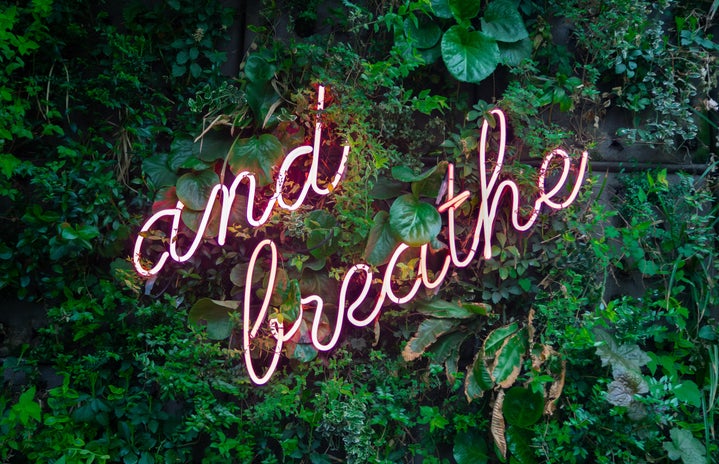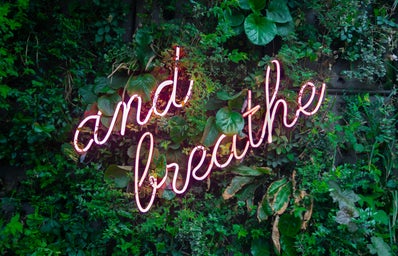Yoni Eggs. Crystal Water Bottles. CBD-infused leggings. Ear Seeds. Facial Acupuncture. Ice Plunges. Booze Yoga. Pot Yoga. Animal Yoga. The Paleo Diet. The Dukan Diet. The Atkins Diet. The HCG Diet. The Zone Diet. The Low-Carb Diet. The Ultra-Low-Carb Diet. Intermittent Fasting. The Below Diet. If you still don’t understand what this article is going to be about- God, I envy you.
‘Wellness’ was a term first popularised by Dr. Halbert L Dunn, who is considered the father of the movement, back in the 1950s. Feminist and civil rights activists once propagated self-care during the 1960s as a way of helping their community. It was described as a radical step from groups of people who hadn’t been taught to take care of themselves. Since then wellness has gone from a niche practice to a mainstream- to a suffocating degree, in my opinion- part of modern life.
The modern iteration of wellness involves constantly buying things to improve your life, putting the onus on the individual to make their life better via constant consumerism. The marketing of these products portrays the very act of buying these products as taking care of yourself. It is a highly-lucrative industry, riding on the backs of the multibillion-dollar diet, supplement and fitness industry that, as per Mckinsey, is estimated at more than $1.5 trillion with an annual growth rate of 5 to 10 per cent, as the spending on personal wellness rebounds after stagnating and even declining during the COVID-19 crisis, presenting a tremendous opportunity for companies as consumer interest and purchasing power bot rise.
Something that the modern iteration of wellness inherits from its predecessors is presenting itself as radical, by wrapping it in the rhetoric of empowerment, often, particularly in that of female empowerment. Even though, taking care of yourselves can often be empowering (also, considering the history of women and other minorities neglecting themselves for the comfort of others), these products’ primary aim, ironically, is to help the customer fit into the young, thin and Western ideal of beauty. Another one of the consistent backlashes towards the wellness industry has been the appropriation of Asian and African cultural practices. Practices such as gua sha and Haldi are taken out of context of their history and tradition use and packaged and marketed towards high-class, privileged groups of society. This isn’t something novel but piggybacks on the historical romanticisation of Eastern practices.
Uninterestingly, most of these products are marketed to women, which makes a lot of sense that they would look to alternative healthcare systems when Western medicine and science have always failed to address women’s concerns and their health, especially reproductive health(which makes a major chunk of the products of these companies) appropriately. However, instead of providing women with better modes to care for themselves, it poses a greater danger, since a lot of these methods don’t have enough scientific backing, with a lot of people reporting near-fatal reactions to some of these products.
As the pandemic has laid bare the incredibly broken healthcare system around the world, it is important to make sure that a healthy life isn’t something that only the rich can afford. The focus of the wellness cult needs to shift from the focus on the individual to the communal. Instead of focusing on stress-relieving aromatic oil, the focus should shift to making adequate childcare available. The wellness industry rose as a response to daily mental and physical stressors in our daily life. However, instead of helping us, it’s become another source of anxiety. As Margaret McCartney points out in the Guardian, “It would be nice for wellness to mean that being poorer won’t impact on your lifespan or your chances of being diagnosed with chronic diseases. Real, societal wellness is about fairness, public responsibility, science and evidence. It will certainly not come to us via an oxygen-diffusing machine on a treadmill. The onus of living a better life shouldn’t just be on the individual. Yes, exercising, eating healthier, and adequate sleep do help and are important for living a healthy life.” It is also, however, important to make sure that a healthy lifestyle doesn’t come with a high price point and isn’t something that only a few can afford.

